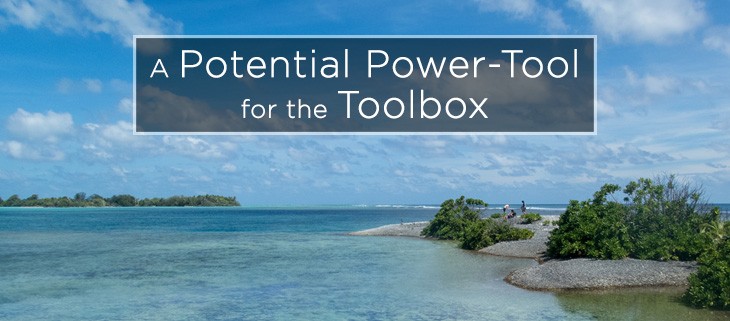March 20, 2025
The Database of Island Invasive Species Eradications (DIISE)
The DIISE is full of important, publicly-accessible data about projects to remove invasive species from islands all around the world!
We use cookies to help you navigate efficiently and perform certain functions. You will find detailed information about all cookies under each consent category below.
The cookies that are categorized as "Necessary" are stored on your browser as they are essential for enabling the basic functionalities of the site. ...
Necessary cookies are required to enable the basic features of this site, such as providing secure log-in or adjusting your consent preferences. These cookies do not store any personally identifiable data.
Functional cookies help perform certain functionalities like sharing the content of the website on social media platforms, collecting feedback, and other third-party features.
Analytical cookies are used to understand how visitors interact with the website. These cookies help provide information on metrics such as the number of visitors, bounce rate, traffic source, etc.
Performance cookies are used to understand and analyze the key performance indexes of the website which helps in delivering a better user experience for the visitors.
Advertisement cookies are used to provide visitors with customized advertisements based on the pages you visited previously and to analyze the effectiveness of the ad campaigns.
Our new online shop is live!

An international conference focused on the impacts and management of invasive alien species on islands is taking place at University of Dundee, Scotland July 10-14. In anticipation of this event, we’re sharing research that will be presented by experts in the field. For more information or to register, visit the conference website.
Invasive rodents have significant negative impacts on island biodiversity, human health and food security. Projects to remove invasive rodents from islands are very complex and challenging. Current tools available for conservation intervention restrict professionals to a suite of islands home to less than 15% of the Critically Endangered and Endangered island species that need protection.

However, a new technology could boost the percentage of islands where intervention is feasible. The Genetic Biocontrol of Invasive Rodents (GBIRd) partnership is collaboratively developing and evaluating gene-drive technology for rodents. The partnership is engaged in research to find out if gene drives could influence a mouse population to self-eliminate by becoming 100% male or 100% female.
Highly cost-effective and socially acceptable new eradication tools could produce substantial biodiversity, human health and food security benefits. The opportunity that this transformative technology may bring to invasive species management is significant and worthy of exploring in a responsible and inclusive manner.
Featured photo: Palmyra Atoll. Credit: Coral Wolf/Island Conservation
Check out other journal entries we think you might be interested in.
Notifications